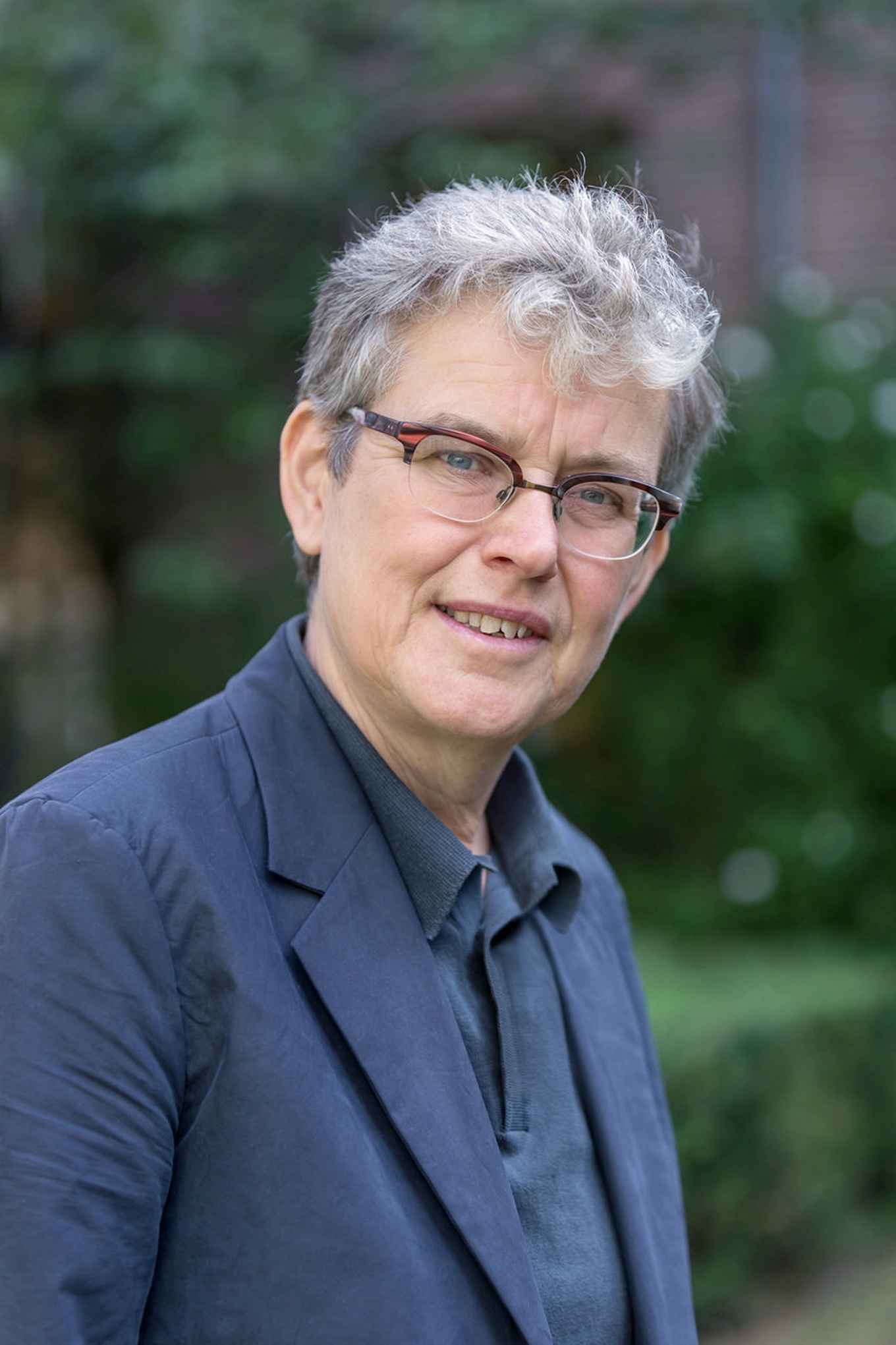Geertje Mak, professor by special appointment of the Political History of Gender in the Netherlands
1 September 2016

Geertje Mak specialises in historical research into the changing meanings of gender, both male and female. What role do bodies and sexuality play in this regard? By taking a gender perspective, Mak aims to present a new view on political history. It is precisely those subjects that have been sidelined from the canon of political-military history – bodies, healthcare, reproduction, emotions, families, sexuality – that could be crucial for an understanding of history. Mak believes gender cannot be viewed separately from other important differences like ethnicity, class, religion or race.
Historical understanding of gender
Mak will lecture to undergraduate and graduate history students on the subject of political history of gender. As a political issue, gender is an extremely important historical subject. It encompasses, for example, the history of female emancipation, the struggle for women’s suffrage, feminism and the LGBTI movement. Also, other important historical developments in the Netherlands and Western Europe are closely intertwined with the way in which gender and sexuality have been shaped. In her lectures, Mak will frequently give examples to show why gender and sexuality are essential for a historical understanding, whether it concerns early modern dynastic monarchies or colonial regimes, the Enlightenment or the 19th century Social Question, Nazi ideology or (sexual) nationalism. In such an approach to history, women, women’s movements and feminism don’t appear as exceptions but as essential cogs in important historical processes and events.
Bodies and identities
Mak’s current research activities are centred on the history of bio-identities. For example, how are bodily differences constructed into identities? And was this process the same for women, Papuan people and transgenders? Mak’s primary focus is on the practices in which knowledge is accumulated. How did researchers gain access to bodies? It is precisely this question that is related to the political problem of the ‘governing of people’. There is a reason why, among other things, prisons, women’s clinics and colonies are referred to as laboratories of the (bio) human sciences. ‘Knowledge creation’ on the one hand goes hand in hand with civilising, educating, correcting and colonising on the other.
In 2012 Mak published the book Doubting Sex: Inscriptions, Bodies and Selves in Nineteenth Century Hermaphrodite Case Histories (Manchester University Press). Since then, she has been working on the projects ‘Fabricating Identities’ and ‘Children as Targets and Tools’, about the role of children in colonial missionary civilising projects (in collaboration with Professor Marit Monteiro of Radboud University).
About Geertje Mak
Mak has been assistant professor of Gender History at Radboud University since 2005. Prior to this, she worked as, among other things, a postdoctoral researcher at the Vrije Universiteit Amsterdam (VU Amsterdam), published a book on the history of migrants in the Netherlands (Sporen van Verplaatsing) for the Ijsselakademie in Kampen, and worked as a coordinator and fundraiser for the multicultural media production company Fatusch Productions. Mak was also a guest researcher at New York University’s Centre for the Study of Gender and Sexuality. In 2013 she received a research fellowship from the Berlin-based Max Planck Institute for the History of Science. Mak studied history at Utrecht University, worked as a researcher at the UvA’s interdisciplinary Lesbian & Gay Studies group, and obtained her PhD in gender studies on the history of masculine women in nineteenth century Europe at Utrecht University with the dissertation Mannelijke vrouwen. Over grenzen van sekse in de negentiende eeuw (Amsterdam/Meppel: Boom 1997).